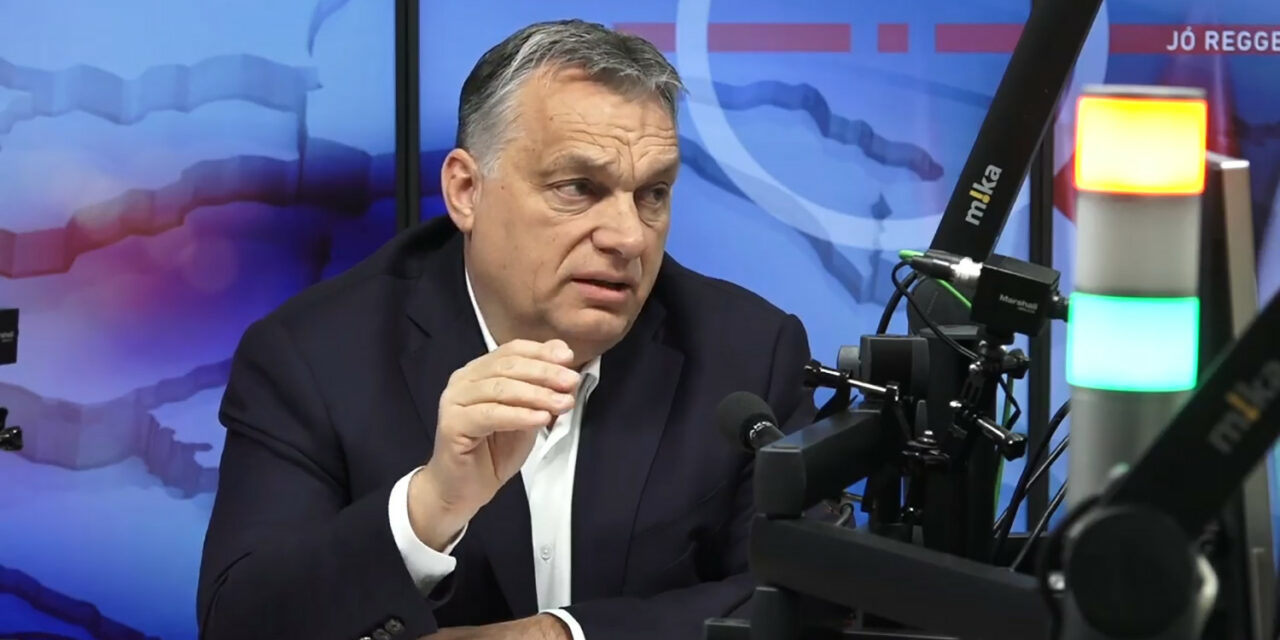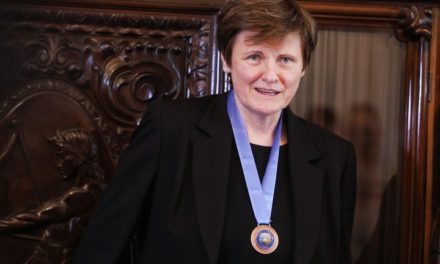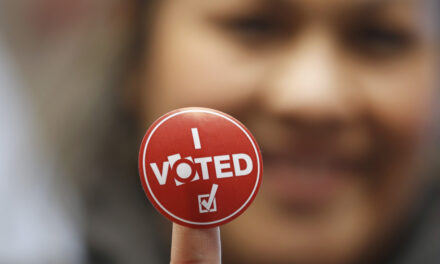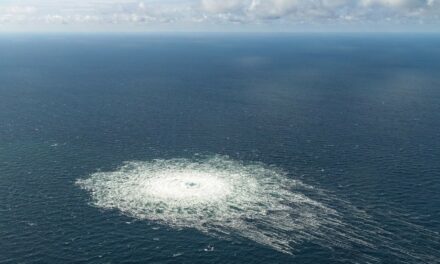Europe is playing with fire, balancing on the border between peace and war - the Prime Minister announced on Friday on Kossuth Rádió Good morning, Hungary! in his show.
The European High Commissioner for Foreign Affairs says that an extensive European war is not a fantasy, and the Poles are already saying that there is no diplomatic solution to the war - Prime Minister Viktor Orbán told Kossuth Rádió Good morning, Hungary! in his show, adding that
Europe is playing with fire, we are on the verge of peace and war.
The head of government reminded us: in 1999, we once managed to keep Hungary out of the war, when they also tried to involve us in the South Slavic conflict against the Serbs, which would have destroyed Serbian-Hungarian relations and the fate of the Hungarians in Vojvodina. He then recalled that in the twentieth century, the country was twice forced into a war that sealed the country's fate.
"We will not let them force us into such a situation a third time," he emphasized.
Viktor Orbán stated that, unfortunately, we are currently moving further and further away from peace. "I am worried about the future of Europe," said the Prime Minister.
He also said that the war was a huge order for the US military industry. Very serious forces have moved behind the war trend, but the people, the majority, are against the war, he added. They don't want war, but
European leaders are marching towards a war.
In connection with this, the prime minister also said that the experiences of war in Western and Central Europe are different. So far, the West has always emerged victorious from wars, while Central Europe has always emerged as a loser. Our historical experience with war is that it can only be lost.
"In the end - even if the front doesn't reach this point - we will ultimately pay for its economic effects," he said.
The closer you are to a war zone, the higher the price you pay. In other words, it torments us the most, since people are slowly having to pay a wartime surcharge in the shops, said the prime minister.
He highlighted:
if we were not in a war environment, then the growth performance of the Hungarian economy would be twice as much as it is now.
"If there was peace and peacetime prices, it would be a considerably smaller burden for families," emphasized Viktor Orbán.
"Hungarians don't simply want peace, Hungarians have an instinct for peace because of their experiences during the World War and because of the economic connections," emphasized Viktor Orbán. This is not a political resolution, he added.
In response to a question, he said that it takes courage to stay out of the war, and national unity, since the majority of Hungarians are against the war.
"Leftists are pro-war not because they are stupid or evil, but because they are paid."
That's why the Western countries want a wartime government, i.e. a change of government," emphasized the Hungarian Prime Minister. For this, we need the agents, these left-wing politicians and thinkers.
The prime minister said: the stakes of the elections today are not only who will have how many representatives in the European Parliament. "War is at stake". Viktor Orbán reminded: it is necessary to look at how the elected representatives relate to the war, and it is necessary to strive for the pro-peace representatives to be in the majority.
The prime minister also pointed out that the majority of the EU countries today are pro-war, but if the pro-peace forces are good at politics now, the EU can change course. Referring to the war stance of the Hungarian left, he emphasized:
"In Hungary, only those who vote for Fidesz vote for peace”.
The prime minister emphasized that the pro-peace forces achieved a great result in the past year by moving European public opinion away from the side of supporting the war.
Viktor Orbán was also asked about the YouTube blocking of one of the speakers of CPAC Hungary. In this regard, the Prime Minister reminded that, despite the global war situation, political and ideological battles such as gender, migration and family protection continue to take place.
"Europe feels that it is at a historic crossroads," he added.
Speaking about our country's twenty-year EU accession, Viktor Orbán pointed out:
we did not join the EU we see today.
Viktor Orbán reminded us that at that time there was no question of supporting illegal migration, or that the decision-makers in Brussels would impose gender ideology on us. The Prime Minister also reminded that in 2004, the EU still produced more than twenty percent of the global economic production, which, however, has now significantly decreased.
The Hungarian people and the government have a legitimate expectation of those involved in the fuel business that Hungarians have access to fuel at the same price as the citizens of neighboring countries. It is better if they realize this and adjust their margins and profits on their own, rather than having to force all of this with government measures, Viktor Orbán said about fuel prices.
The prime minister explained that the government asked the traders for a regional price. However, the government works from regional KSH data, which includes prices in neighboring countries as well as Polish, Czech and Bulgarian prices. However, according to traders, this is not fair, because the latter countries cannot form the basis of comparison with Hungary.
They asked us to determine the average price without these countries. According to the Prime Minister, this is actually a legitimate expectation on their part, so we will recalculate the prices, but we will keep them accordingly, because
Hungarians cannot pay more than the average price of neighboring countries
Viktor Orbán said.
If there was peace, then the Hungarian economy could grow twice as much, precisely because the Western European economies - primarily the German one - would not suffer as much as they are now, emphasized Viktor Orbán.
The Germans were driven home by the war, because they were cut off from the Russian energy system, and now they pay double the price for energy.
And the German market is very important for Hungary.
The whole point of our EU membership is that we have unrestricted access to the markets of richer countries. But if these countries go into crisis, it affects us too.
Hungary is interested in the German economy soaring and becoming a driving force. But this is not the case today, as we have to achieve economic growth in such a way that our most important sales market - the Western European one - is unfortunately in crisis, growing to a lesser extent than the Hungarian one.
This is where we have to be smart. It is not by chance that the Chinese president is coming to Hungary, it is not by chance that we have increased our activity in Central Asia and increased our economic relations with Africa as well. In the current situation, the capacity for action of the Hungarian economy must be expanded to a greater extent than we were used to in the past - Viktor Orbán concluded the interview.
Photo: MTI












